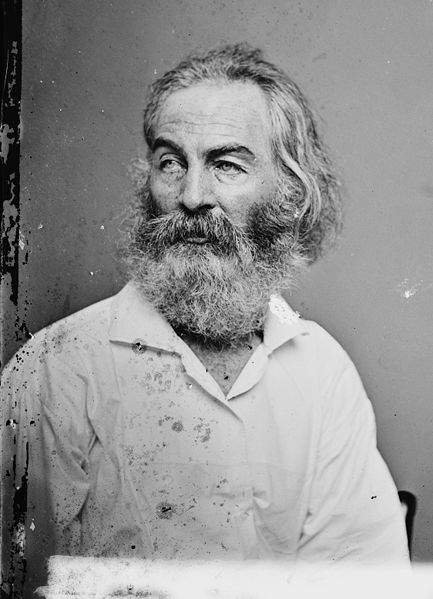To use the term crisis is to imply a state of urgency, something that one may sense on an emotional level. A working definition I use for a spiritual crisis is, simply, when entrenched narrow interests threaten the integrity of the greater collective. But whether or not we're at a crisis depends on one's sense of urgency. The Promised Land Project provides a hypotheical means to address a spiritual crisis in the modern democratic society. To address a spiritual crisis, as I see it, requires some kind of spiritual movement. But I expect its roots to be in poetry rather than religion, though religion is a part of it. It's about revitalizing the moral culture as a whole; and religion is a part of that culture, as is art, ideals, history, and other aspects.
In modern poetry, and much of contemporary poetry, there's a continued fascination with novelty that leaves it, to some degree or other, stuck on "The Voyage" of French poet Charles Baudelaire. The last lines of this poem, translated, are as follows:
To plunge to the bottom of the abyss, whether it be Heaven or Hell,
To the bottom of the Unknown in order to find something new!
As we're trying to reach the former rather than the latter of the two places mentioned above, our retort to American poet Ezra Pound's dictum to "make it new" is something different, if not new: revitalize the old. This is to say we're attempting to take up old symbols and breathe new life into them. "The Promised Land" is symbolic of a shared vision. One means to address a spiritual crisis is to restore a shared vision, which is why our trail of the poetic genius also merges with recognized visionaries. Addressing the matter of self-interest, which is part of human nature, a shared vision can enable the individual to feel his or her self as being part of something greater than the self, it can imbue the individual with a sense of purpose beyond his or her self. But the key words here are feel and sense.
Wednesday, May 19, 2010
Subscribe to:
Post Comments (Atom)














No comments:
Post a Comment